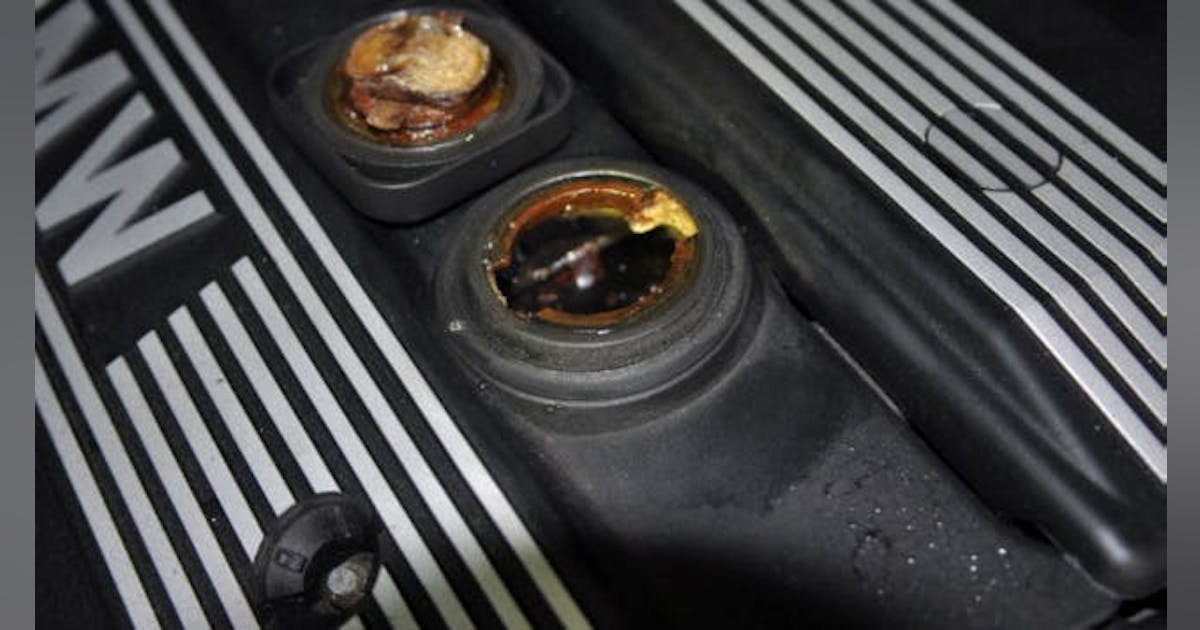Shel_B
Site Donor 2023
- Joined
- Aug 7, 2020
- Messages
- 5,167
I'll be replacing the PCV valve in my 2011 Camry 4-cyl. There are no obvious indications that the present valve is blocked or substantially restricted, however, the car is 11 years old and wasn't very well maintained when I bought it, so why not ...
I'm wondering if, when replacing the valve, if there's any restriction in the current valve, will the new, unrestricted valve, offer any performance benefits, i.e., better mileage, better acceleration, smoother running?
Thanks!
I'm wondering if, when replacing the valve, if there's any restriction in the current valve, will the new, unrestricted valve, offer any performance benefits, i.e., better mileage, better acceleration, smoother running?
Thanks!


